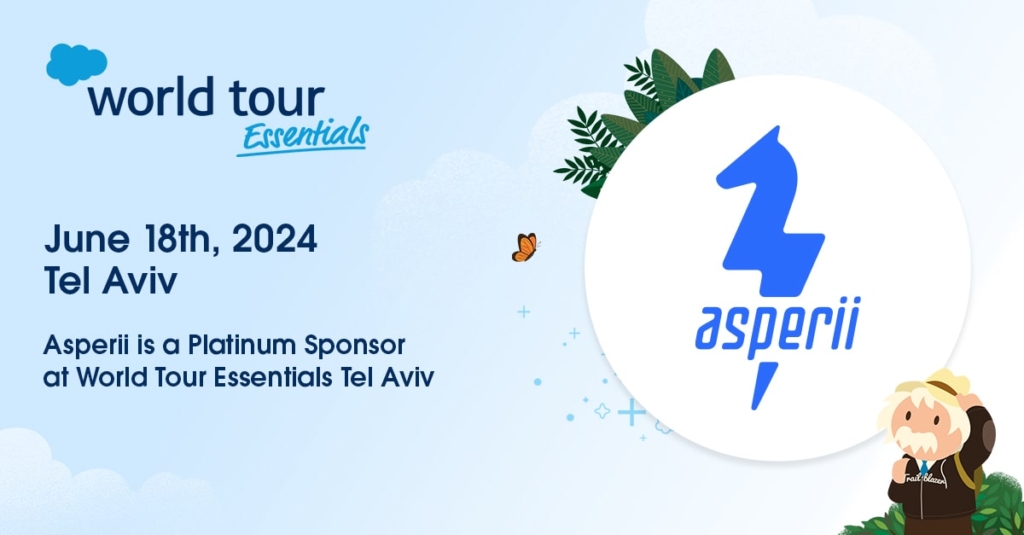Project Intel
| Scope: | End-to-End Implementation |
|---|---|
| Focus: | Resource Scheduling |
| End Customer: | Domestic / Commercial |
| Industry: | Security Systems |
| Solution: | Salesforce Field Service Lightning |
About AES
Advanced Electronic Solutions (AES) designs, installs and services security, fire and life safety integrated systems, and are based in the NY Metropolitan area. The family-owned company has been operating for 20 years, with great emphasis on providing superior customer service.
Reasons for Approaching Asperii
Prior to contacting Apserii, AES decided to implement Salesforce Field Service Lightning for dispatching and scheduling. They hired an SI (System Integrator) that did not have a proven track record with FSL. The lack of knowledge led the SI to over-develop (customized rather than configured), resulting in an inflated system that didn’t integrate well with FSL core features, not to mention causing AES to miss an important milestone on their path to better customer service.
The project began to be too complex and too complicated so AES contacted Salesforce to request assistance and guidance. Salesforce examined the work that was done by the local SI and deemed it impractical. They advised AES to abandon the project and approach a Salesforce partner that has focused field service expertise.
Lesson Learned: Understanding field services and having expert knowledge of Field Service Lightning are two essential components for a successful implementation project.
What We Did for AES
The first thing we did was a one-week design workshop with AES’ key personnel. We took the time to do an in-depth discovery and visioning process, allowing us to really get to know the client, understanding their operation inside-out, and start piecing together the solution that will enable AES to realize the full potential of Field Service Lightning.
We decided to go with off-the-shelf, no additional development of overlaid applications or features. A straightforward implementation of Field Service Lightning, ideal for smaller field operations.
How AES Worked Before Asperii
AES managed its field operation entirely manually and paper-based. The dispatchers were familiar with the technicians’ skills and territories and simply scheduled based on need and availability. Technicians would get their tasks and routes daily and would be briefed before each appointment. Customers would sign work orders on paper and that would cause billing to be delayed as well because of needing to wait for the manual ticket to be submitted.
“Asperii has been extremely patient and attentive when it came to working with us on our implementation. The project managers who worked with us weekly, really took the time to understand the issues we were having in order to come up with the best and most practical solutions. We are excited to continue our relationship using Asperii to have our system become even more beneficial as time goes on.”

How AES Works After Asperii
- Dispatchers utilize a semi-automatic scheduling process based on skills and territory logic
- Field technicians manage their entire schedule and workloads via a dedicated mobile application
- Maintenance history and service cards are available on the mobile app
- Customers sign their work orders directly from the mobile app
- Payments are plugged in



